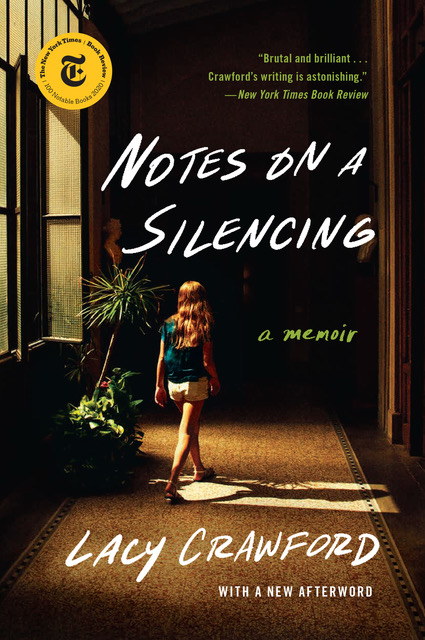I said yes, and Princeton did too. Below is one of the supplemental questions from her application.
Evaluate a significant experience, achievement, risk you have taken, or ethical dilemma you have faced and its impact on you.
I spent most of my childhood on a working sheep and cattle farm in rural Australia. My family moved to the States in 2005 so my brother could attend high school, but I’ve returned to the farm every summer since. Last summer, my parents were recently divorced and my brother had other summer plans, so I was alone on the farm for the first time – four hours from the nearest town- with my mother, the farmer and other workers. In the past, I had helped build fences, inoculate stock and do other odd jobs, but this year there was a surprise waiting for me. The farmer bought me a young shepherding dog. On farms such as this, working dogs are not pets: if they cannot work or are a risk to the livestock, they’re a risk to everyone who relies on the farm, and are often put down. The puppy’s survival depended upon my success because I was being trusted to train him and shape his abilities.
When I saw him, it was love at first sight. He tore around the yard, an ash tree branch hanging from the side of his mouth like a cigar, so I called him Ash. I spent hours every evening playing with and training him. After being home schooled for eight years, I knew that consistency and routine would help Ash learn quickly. A few weeks later, I swelled with pride as Ash showed off his innate talent for working sheep. My heart leapt when the farmer uttered one of the biggest compliments any young owner or pup could ever dream to receive, “That pup could win at the Australia dog trials.”
However, a few weeks later, Ash took a distressing turn. He became timid and withdrawn, would no longer come when I called, and began running away for hours at a time. Confused and devastated, I knew I could no longer keep him when he killed a lamb while I mustered a paddock. Overnight, Ash became a liability, and it was now up to me to remove this risk to the farm. Working in such rough country often brings one face to face with the harsh realities of life and death, but nothing could have prepared me for having to decide Ash’s fate. The farmer told me I had one choice: essentially play G-d and humanely put him down by shooting him. I felt sick to my stomach and could not even begin to contemplate taking a life. It was difficult and jarring to speak with my friends from school and have them not understand why I could not keep him. The conflict brought to the forefront many of the cultural differences I face with my friends in our suburban prep school environment and the unintended isolation that accompanies those differences. I could not bring him back to the U.S. He was not a pet dog. It would be cruel to cage a young working pup in a fenced yard for the rest of his life. In tears of sadness, frustration and helplessness, I ran to my mother for advice and comfort. Over the past few years, the crumbling of my family due to divorce had brought my mother and me closer together. Knowing my mother would be there to support me no matter what, comforted me and gave me the confidence I needed to act. The divorce taught me that at times you have to be strong through the tough times and things will turn out better in the end. Some difficult decisions, while painful in the short run, in the long run will end up being the right decision.
Gathering all the money I had earned that summer, I bought Ash from the farmer, making him truly my responsibility. Later that day, I watched for hours as Ash played in the crashing waves of the cold Pacific and was struck by the fact that all life and all nature are so much bigger than me. I had no right to decide the fate of another living thing, as I was just as important and just as inadequate as he was. I felt trapped. I realized my only hope was to almost rewind time by calling Ash’s previous owners and asking if they would take him back as a breeding dog. Relief flooded through every inch of my being when they agreed. But the morning Ash was set to leave, I could not help but to second-guess my decision. I felt ill-equipped to make decisions for another life, and I felt I had failed Ash. Guilt weighed me down for weeks, and at times still does. Yet I now know that sometimes, impossible decisions will present themselves. I just have to be confident in myself and know that I did the best I could to give Ash a chance at life. Letting go of someone I loved for his own best interests brought out an inner strength I did not even know I had. I treasure the time we had together and the lessons he taught me about the real responsibilities of love and life.




